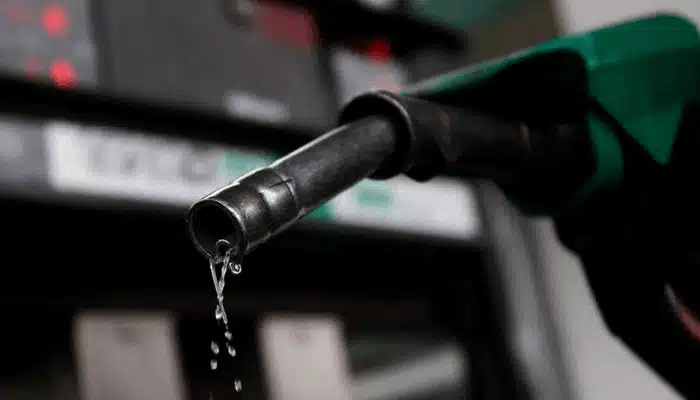
The Petroleum Products Retail Outlets Owners Association of Nigeria (PETROAN) has attributed the recent hike in Premium Motor Spirit (PMS) prices to the rising cost of crude oil in the global market, particularly the increase in the price of Brent crude, WTI oil, and the OPEC basket, which are all key indicators of global fuel pricing trends.
Currently, Brent crude is priced at $80.85 per barrel, with WTI oil at $78.82 per barrel and the OPEC basket standing at $81.72 per barrel. These figures represent a four-month high in global crude oil prices, largely driven by the new sanctions imposed by the United States on Russian oil, which has impacted global oil supply and pricing.
In a recent statement, PETROAN President, Dr. Billy Gillis-Harry, emphasized that under the provisions of Section 205 of the Petroleum Industry Act (PIA), petrol prices are now largely determined by market forces rather than government regulations. This shift in policy means that fuel prices are no longer fixed by the Nigerian National Petroleum Corporation (NNPC) or the government. Instead, they are subject to fluctuations based on the volatility of global crude oil prices.
Dr. Gillis-Harry explained that the unpredictability of global crude oil prices has led to instability in domestic petrol costs, which poses significant challenges not only for retailers but also for consumers across the country. The fluctuating price of crude oil affects the purchasing cost of fuel and, in turn, impacts retail pricing for end consumers.
Dr. Joseph Obele, PETROAN’s National Public Relations Officer, echoed the association's sentiments, stating that the current price increase is not a result of any action by PETROAN members, but rather an external factor driven by global market dynamics. He clarified, “Our selling price reflects our buying price. The current increase isn’t due to our members but is influenced by external factors.”
In light of these challenges, PETROAN has called for the privatization of government-owned refineries as a potential solution to mitigate the issues of fuel price instability. According to the association, privatization would lead to enhanced operational efficiency, reduced government expenditure, and more stability in the pricing of petroleum products. PETROAN believes that this approach would also promote increased competition within the downstream sector, which could lead to more competitive pricing and a more reliable supply of fuel for Nigerian consumers.
By advocating for privatization and greater competition, PETROAN aims to improve the overall functionality of the Nigerian petroleum sector, ultimately benefiting both fuel retailers and consumers alike by ensuring a more transparent and stable fuel market in the country.

